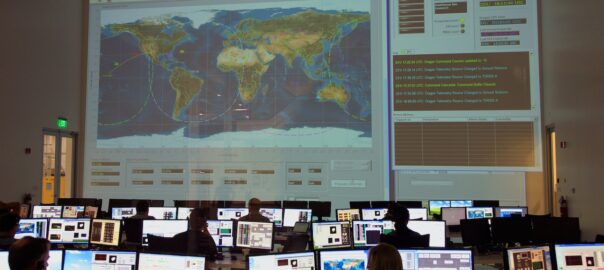Pollution control strategies encompass a range of techniques and approaches employed to reduce or eliminate the release of pollutants into the environment. With the detrimental impacts of pollution on human health, ecosystems, and the planet becoming increasingly evident, implementing effective pollution control measures is crucial for safeguarding the well-being of both present and future generations. By adopting advanced technologies, promoting regulatory measures, embracing sustainable practices, and fostering public awareness, we can work towards a cleaner and more sustainable future.
Advanced Emission Control Technologies
Advanced emission control technologies play a vital role in reducing pollutants emitted by various sources, including industrial facilities, vehicles, and power plants. Techniques such as catalytic converters, scrubbers, and filters help remove or neutralize harmful substances before they are released into the atmosphere or water bodies. These technologies contribute to reducing air and water pollution and improving overall environmental quality.
Regulatory Measures and Environmental Policies
Regulatory measures and environmental policies play a crucial role in pollution control. Governments enact laws and regulations that set emission standards, impose fines for non-compliance, and establish permits and monitoring requirements. Environmental policies also encourage the adoption of cleaner technologies, promote sustainable practices, and provide incentives for pollution reduction, fostering a culture of responsible environmental stewardship.
Waste Management and Pollution Prevention
Effective waste management practices are essential for pollution control. Encouraging waste reduction, recycling, and proper disposal of hazardous materials helps minimize the release of pollutants into the environment. Implementing integrated waste management systems, including composting, incineration, and landfill gas capture, reduces the environmental impact of waste and promotes resource conservation.
Sustainable Production and Consumption
Promoting sustainable production and consumption patterns is vital for pollution control. Embracing cleaner production practices, such as resource efficiency, renewable energy use, and waste reduction, minimizes pollution throughout the product life cycle. Additionally, adopting sustainable consumption habits, such as buying eco-friendly products, reducing single-use items, and conserving energy and water, helps reduce pollution at the individual level.
Remediation and Cleanup Techniques
Remediation and cleanup techniques are crucial for addressing pollution hotspots and contaminated sites. Soil and groundwater remediation technologies, such as bioremediation and chemical treatment, help restore polluted areas to their natural state. Cleanup efforts, including oil spill response, hazardous waste removal, and contaminated sediment management, mitigate the environmental impacts of pollution incidents.
Public Awareness and Environmental Education
Public awareness and environmental education are essential for pollution control. Educating communities about the impacts of pollution, promoting sustainable practices, and raising awareness about the importance of individual and collective action fosters a sense of responsibility and empowers individuals to make informed choices. Engaging in environmental education programs, community campaigns, and citizen science initiatives strengthens the connection between people and the environment, driving positive change.
Conclusion
Pollution control strategies are critical for creating a cleaner, healthier, and more sustainable world. By implementing advanced emission control technologies, enacting regulatory measures, promoting sustainable production and consumption, adopting effective waste management practices, investing in remediation and cleanup efforts, and fostering public awareness and environmental education, we can combat pollution and protect the well-being of our planet and its inhabitants. Each person, industry, and government has a role to play in pollution control, and together, we can pave the way for a brighter, cleaner, and more sustainable future.
